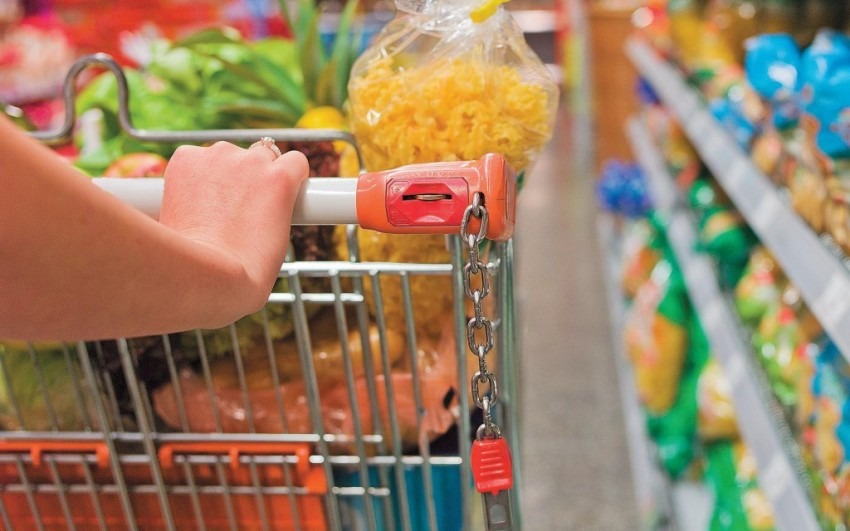Income transfer to vulnerable populations is what ensures that food gets on the table

State support for economic activities must be conditioned upon sound economic, social and environmental results, defends Instituto Escolhas
By Sergio Leitão (Executive Director) and Jaqueline Ferreira (Project and Product Manager ), Instituto Escolhas
The Tax Reform on the agenda at the Brazilian National Congress has brought to light the need to rethink our logic of granting tax incentives that bring so many distortions to the Brazilian economy.
We have
Instituto Escolhas argues that state support for economic activities must be conditioned upon sound economic, social and environmental results, and that no economic sector should escape this assessment and review.
The Escolhas study “From Pasture to the Plate: Subsidies and the Environmental Footprint of Beef” showed that the livestock sector received R $123 billion in subsidies from public coffers (2008/2017) (federal and state government) over ten years (2008/2017). Subsidies correspond to 79% of what was collected in taxes along the beef chain during that period. In other words, R $12.3 billion in subsidies were granted per year, and the amount collected in taxes in the sector was R $15.1 billion.
The sector claims that a large part of the subsidies received were those related to exemptions from “basic basket” of staple products (products that are exempt from the following taxes: the Program of Social Integration – PIS; the Contribution to Social Security Financing – Cofins; and the Tax on Industrialized Products – IPI), which corresponded to R $5.8 billion in 2017 for the beef chain alone. However, even with this volume of subsidies, the price of meat continues to rise.
Rice, another common product on the Brazilian table that also benefits from exemption from the basic food basket, has undergone significant price increases, with a direct impact on the food security of Brazilian families.
According to the Valor Econômico newspaper, the tax exemption for the basic basket as a whole could reach 17.6 billion in 2021. So, what would be more efficient? Providing subsidies to the entire meat or rice chain, whose prices are affected by numerous factors such as exports, or making direct income transfers to the most vulnerable populations?
Studies by the Federal Government show that, in Brazil, the direct transfer of resources, through Bolsa Família, has an impact on inequality that is 12 times greater than the exemption from the basic basket. This is the best path to be followed to ensure the consumption of quality food by the most vulnerable sectors of society. In addition, the transfer of income to vulnerable populations–instead of granting the benefit to producer A or B–allows consumers to choose what they want to consume. Otherwise, unfortunately, the piece of beef chuck on the plates of low-income families will serve to guarantee the filet mignon on the table of those who do not need the support of the government to eat more and better.
In addition to the volume of subsidies, the Escolhas study showed that the carbon footprint of the beef chain, which measures greenhouse gas emissions, indicated concerning numbers that are directly associated with deforestation. Brazil’s average for the period from 2008 to 2017 was 78 kg of CO2e per kilo of beef. If we look at the states of the Amazon that suffer from the expansion of agriculture and ranching, as well as deforestation, this value rises to 782 kg of CO2e per kilo of meat in Roraima, 713 in Amazonas and 296 in Pará. In the states that make up the Matopiba region (Tocantins and parts of Maranhão, Piauí and Bahia), the average for the period also increases significantly: 267 kg of CO2e per kilo of beef in Piauí, 198 in Maranhão, 195 in Tocantins and 157 in Bahia for the same ten years. These two regions have the largest footprints in Brazil, due to deforestation. Once deforestation is removed from the calculation, these numbers drop exponentially. For example, Roraima’s carbon footprint, in this case, drops to 30 kg of CO2e per kilogram of beef.
Given these figures, as well as the fact that the Brazilian livestock sector is quite heterogeneous and features efficient producers but also others with very low productivity, it is important and legitimate–even more so in light of the economic and fiscal crisis that the country is going through–to question whether public resources are contributing to the maintenance of producers that are unable to compete under normal market conditions, due to their inefficiency and low profitability, as well as producers that degrade the environment.
The resources granted to the livestock sector must be conditioned upon the requirements of commitments and goals that make the sector’s production more efficient and more sustainable, reducing greenhouse gas emissions, eliminating deforestation, and improving productivity.
Related
Brazil attended COP-6 in Minamata without presenting an action plan to address mercury usage in mining
Study shows 2,274% increase in herbicide use for soybean production
Technical assistance is prevalent in legal regulations and public policies; however, a study indicates that it does not adequately reach rural producers
Study reveals Brazil applies pesticides and fertilizers inefficiently and unsustainably in soybean farming

 Texto
Texto